Is Gen-Z too soft?
“Cancel culture”, or the mass expression of social disapproval towards a person or public figure, commonly takes place on social media where the target audience consists of younger generations.
Whether it came from a Tik-Tok burner account with no profile picture or from a mainstream media outlet, I’m sure everyone has heard the scoffing claim that Gen-Z is just ‘too soft’, offended by things people never used to bat an eye at; but is this phenomenon a result of the younger generation’s faults or the older’s?
From the quarantined comfort of our homes, over the last year and a half us teenagers have spent a majority of our time online. With restrictions on who we can see and where we can go, posting and engaging with others’ posts seem like a way to connect in an otherwise very isolated time. In this time, people explored their identity in spaces that they might not have ever found in real life. However, this mix of restlessness and consequence-free interaction didn’t just breed for online community, but for debate and critical discussion.
I’m sure we can all agree, it takes courage to stand up for yourself and what you believe. The things most criticized for making Gen-Z too soft, being too offended or too absorbed in identity and politics, are really just signs of growth and advancement from the past generations.
Every young, subversive generation is disapproved of by their predecessors from free and easy love-children to brooding Cobain worshippers. In this media age disapproval isn’t just passed over awkward family dinners or in middle-aged gossip circles, it’s plastered online. Such instantaneous media makes it easy to go back and forth in this debate, with both sides growing more intense in their view and creating such a huge cultural controversy. I think in almost all these situations, the younger generation is on the right side of history. Trying to push away the out-of-date politics is anything but soft; it takes guts to voice your feelings, especially offense, and being strong and sure in your identity is a feat not many can claim to. I think this attack on Gen-Z for being too soft is just another cycle of older generations criticizing what they don’t understand.
If you look up simply ‘Gen Z’ on Google, the first search result is an article from the Pew Research Center entitled “On the Cusp of Adulthood and Facing an Uncertain Future: What We Know About Gen Z So Far”, that outlines some of Gen Z’s characteristics based on surveys and censuses run by Pew Research. The article lays out differences between Gen Z and the other generations, not only demographically, Gen Z is more racially and ethnically diverse than any other generation, but also politically. A subsection of the article, labeled “Within the GOP, Gen Zers have sharp differences with their elders”, displays how Gen Z is far more progressive than their preceding generations, showing notable progress in opinion on certain topics such as racial mistreatment and gender-neutral pronouns, even from the just slightly older millennial generation.
Gen Z’s radical inclusivity and fervent push for social change is the opposite of “soft” or cowardly, it’s brave in many senses of the word. Brave for not backing down on our stances, brave for pushing back against those older and more powerful than us, brave for continuing to be hopeful of the uncertain future past generations left for us.
Your donation will support the student journalists of James Bowie High School. Your contribution will help cover our annual website hosting costs. Any contributions made through this service are NOT tax deductible. If you would like to make a tax deductible donation OR to subscribe to our print edition, please contact us at [email protected].


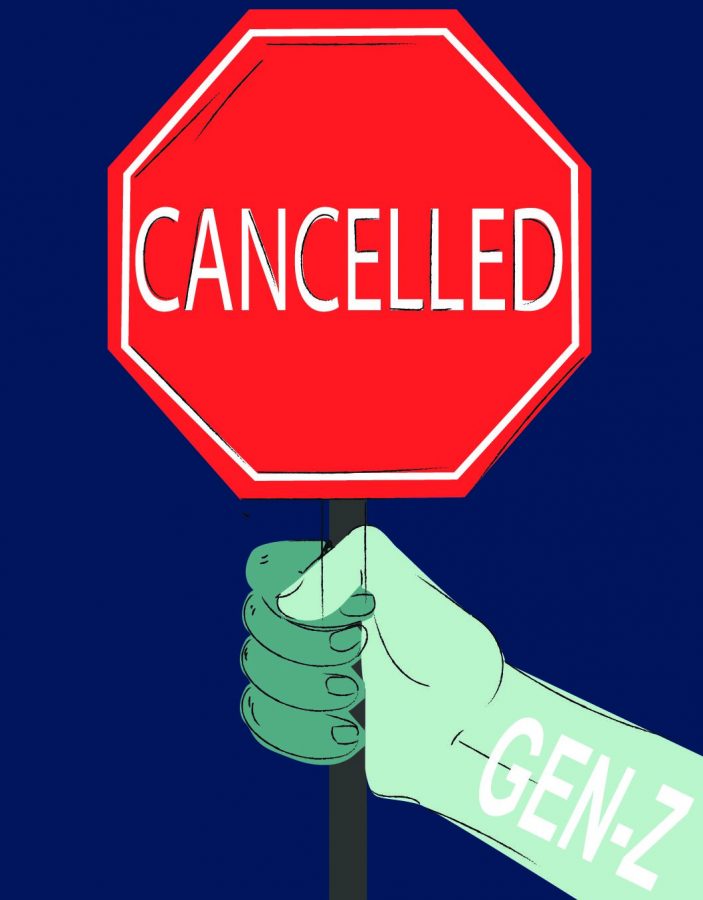

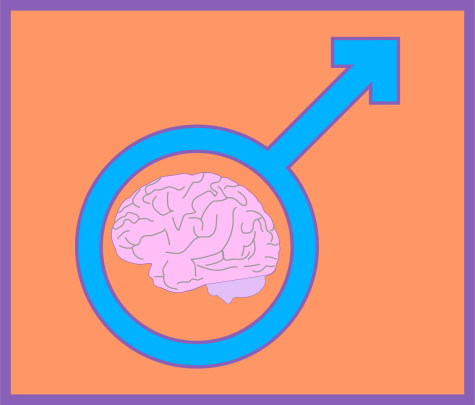

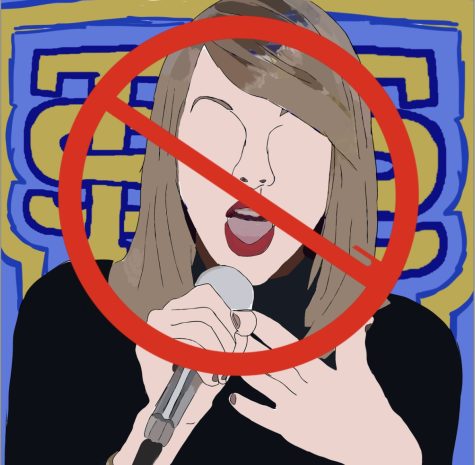
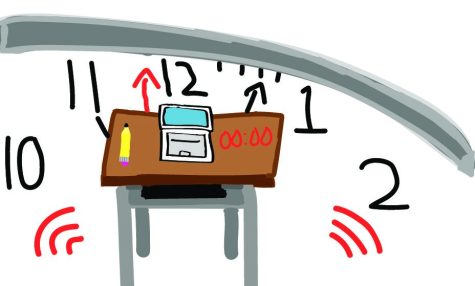

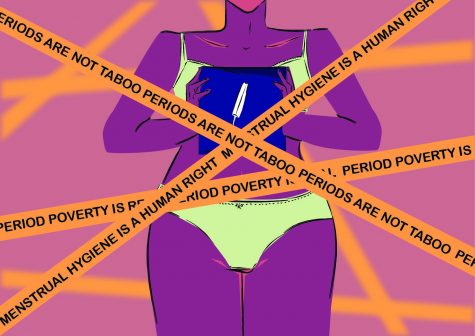
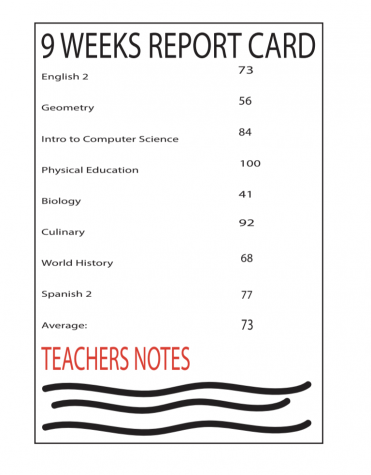

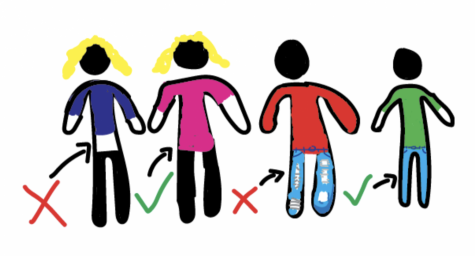
Tim • Feb 3, 2022 at 4:45 pm
Tiktok vs this article.
I’m out.
rob • Oct 5, 2022 at 10:30 am
I wouldn’t be surprised if this was made by a Gen Z teen
Jack • Jul 2, 2023 at 6:16 pm
Based on your tone, I wouldn’t be surprised if you ignored most of the article when you realized it doesn’t bash Gen Z.
Lokesh • Jun 4, 2024 at 10:27 am
Based on your reply, I am not gonna be surprised that you belongs to Gen Z which expects others to agree with nonsense articles like this just because it didn’t bash Gen Z.